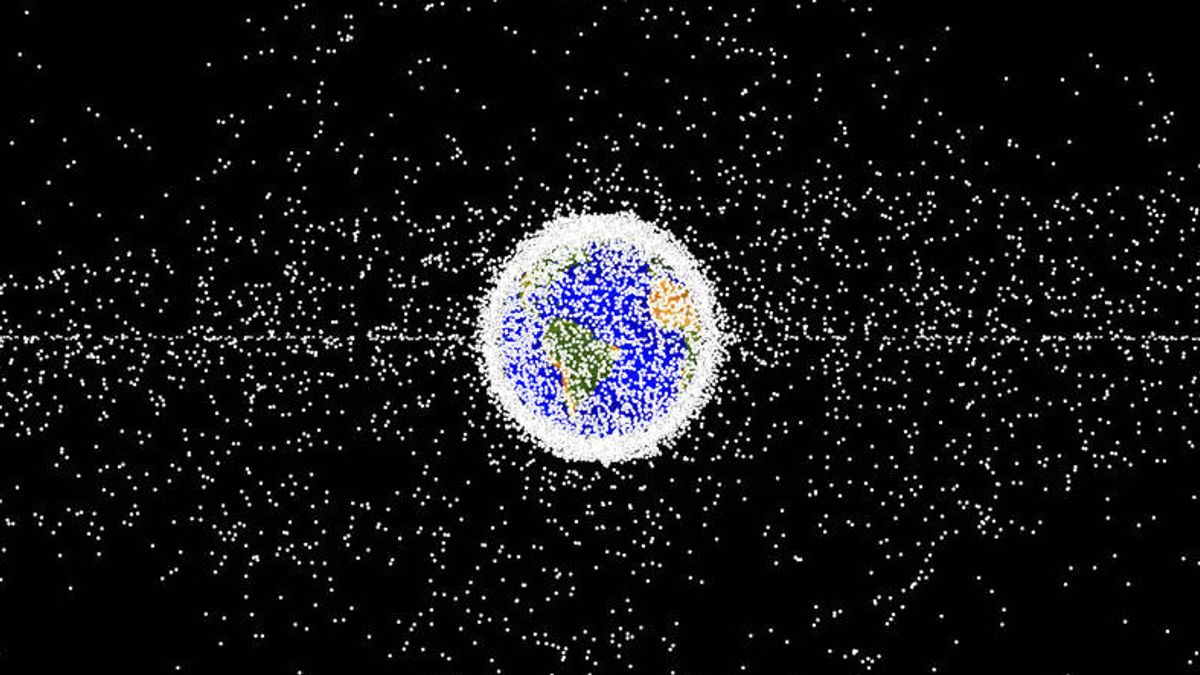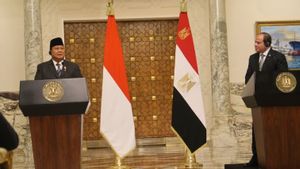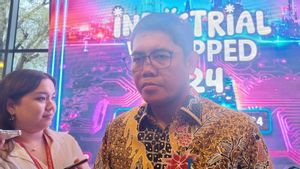JAKARTA - Space junk has long been a concern, as it often interferes with missions in space. A new NASA plan will address the issue.
As part of NASA's efforts to tackle the orbital debris, the space agency will fund research proposals from three selected university-based teams.
The plan is that funding will be carried out over a year, starting next year to be exact. With the aim of analyzing economic, social and policy issues related to space sustainability. But unfortunately, NASA did not mention how much funding was disbursed.
It is known that space debris is made from man-made objects orbiting Earth and no longer has a purpose.
The debris is linked to missions and fragmentation, an malfunctioning spacecraft, and an abandoned rocket stage core.
NASA takes the threat of orbital debris seriously because these objects could harm spacecraft, endanger access to space, and hinder the development of the low-Earth orbit economy, including commercial participation.
"Orbital debris is one of the big challenges of our era," said associate administrator for the Office of Technology, Policy and Strategy (OTPS) at NASA's headquarters in Washington, Bha totaled from NASA's official website, Friday, September 16.
"Maintaining our ability to use space is very important for our economy, our national security, and our nation's science and technology companies. This award will fund research to help us understand the dynamics of the orbital environment and show how we can develop policies to limit debris. Create and reduce the impact of existing debris."
Here are three proposals that NASA has chosen to address the issue of space debris.
1. "Data Manage Adaptive Spaces and Decree Support using the Source-Sink Evolvement Environment Model," was delivered by Richard Linares and Danielle Wood of the Massachusetts Institute of Technology and Moriba Jah of the University of Texas-Austin
2. "An Integrated Assessment Model for Satellite Constellation and Orbital Puing," was delivered by Akhil Rao of Middlebury College, Daniel Kaffene of the University of Colorado-Boulder, and Brian Weiden of the Secure World Foundation.
3. "Remunication and Space Base: Connecting with Public Science and Identity," was delivered by Patrice Kohl, Sergio Alvarez, and Philip Metzger of Florida University of Central
The English, Chinese, Japanese, Arabic, and French versions are automatically generated by the AI. So there may still be inaccuracies in translating, please always see Indonesian as our main language. (system supported by DigitalSiber.id)













